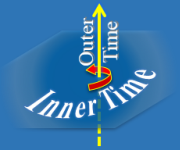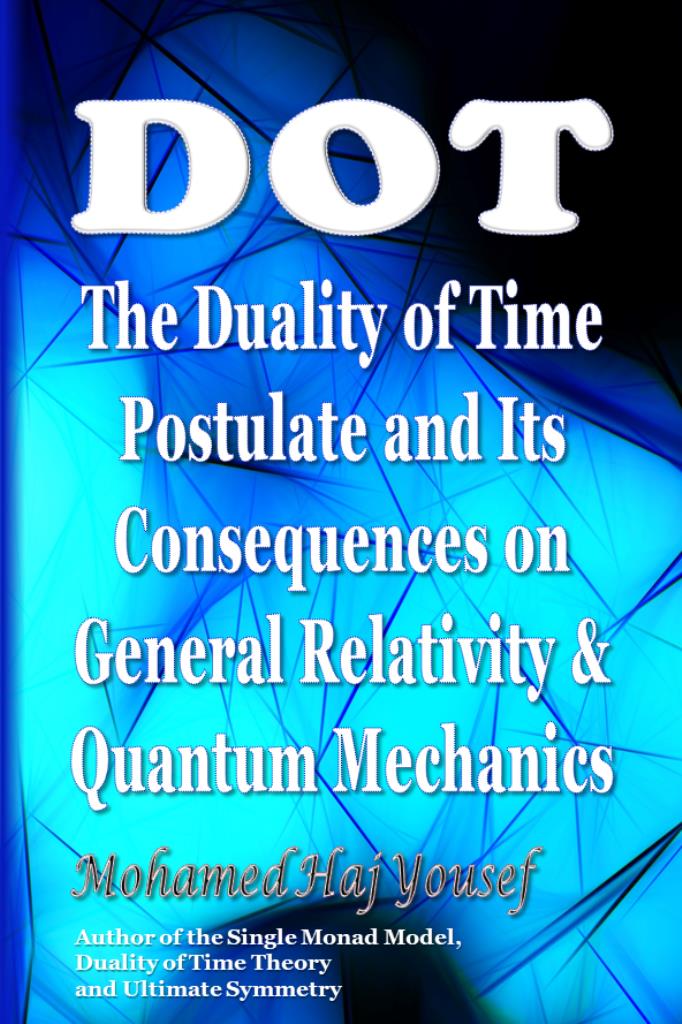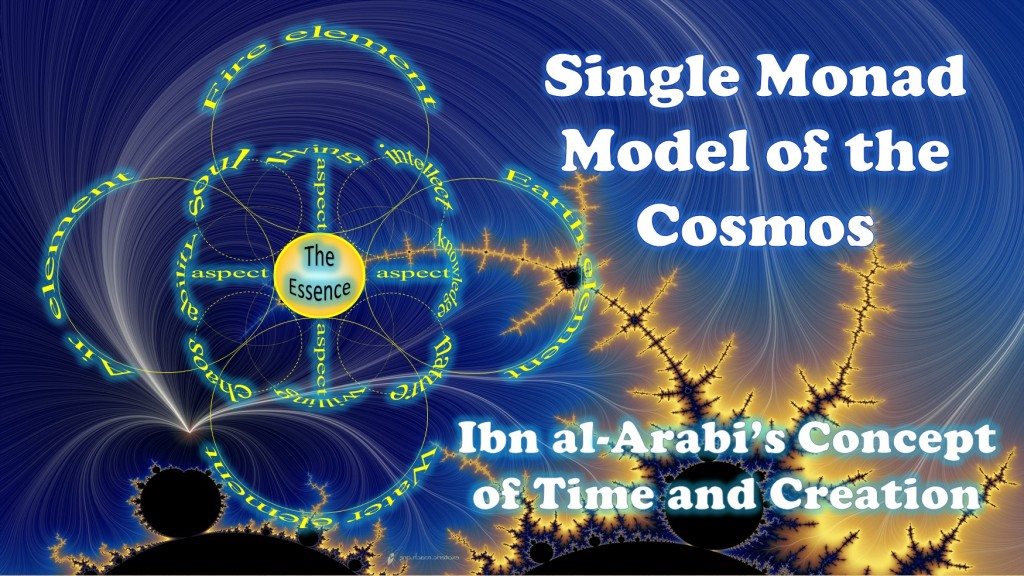7.2.1 The Divine Quadratic Origin
In the Meccan Revelations, Ibn al-Arabi explains that “everything in the world has to be based on (specific) divine Attributes” [I.293.5], or Names. He also considers that there are four fundamental Attributes: Life, Knowledge, Ability and Will, that are necessary and sufficient for Allah to be described as God. Therefore those are considered to be the fundamental sources or “mothers” of all other divine Attributes [I.469.25]. Thereby, since Allah created (the perfect) Human Being “according to His Image” [I.163.20], and He also created the world and everything in it on the image of (the Perfect) Human Being [II.652.25], and that is why the Sufis often call the human as a microcosm, therefore these same four attributes are essential in the microcosm and the macrocosm as well. Subsequently, the four attributes appeared in the four elements in nature, the four humors, as well as the four primordial cosmological principles of the Intellect, Soul, Dust and Nature, as we have explained in chapter IV (Figures 4.4 and 4.1).
Ibn al-Arabi then explains that Knowledge and Life are the source while Willing and Ability are their consequence. Yet Life is more superior because it is a condition for Knowledge. And since the world is divided between subjects and objects, therefore, Willing is subjected to Life, and Ability is subjected to Knowledge, because Willing is more general than Ability which is connected only with bringing into existence, and not returning into non-existence, which is an intrinsic property of all things. Therefore, Ability with regard to Willing is like Knowledge with regard to Life. Consequently, whereas the whole world is all passive with regard to Allah the Creator, it is divided in itself between active and passive, or subjects and objects.
Allah then created the First Intellect from the Attribute of Life, and the Soul from the Attribute of Knowledge; so the Intellect is a precondition for the existence of the Soul, just like Life is a precondition for Knowledge. From the the Intellect and the Soul, emerged Chaos and the First Body, which are considered objects with regard to them, while those four together are the origin of all forms to be created in the world. However, between the Soul and Chaos there is the state of Nature, which is also based on four realities, two active and two passive: dryness is passive with regard to hotness, and moistness is passive with regard to coldness. These four abstract realities do not have any real essence, as we noted at the opening quote in the preface of this book, but their effects will appear in the cosmos starting the First Body whose constituents are based on the resulting four elements of Nature.
Ibn al-Arabi continues by explaining that heat is from the Intellect, and the Intellect is from Life; that is why the property of living bodies is heat. On the other hand, coldness is from the Soul and the Soul is from Knowledge; and that is why knowledge is described by coldness, since it makes the soul settled into certainty.
However, since dryness and moistness are subjected by hotness and coldness, and because Ability is connected with bringing into existence only, not returning to non-existence which is intrinsic; the property of living, which is combined from hotness and moistness, would have been more appropriate to it, i.e. Ability, so when the forms and shapes appeared in the Chaos and First Body, the heavens and the earth were united together, thus Allah the Creator intentioned to separate them, in order for their entities to be distinguished. Subsequently, heat and dryness are combined in fire, coldness and dryness are combined in earth, hotness and moistness are combined in air, while coldness and moistness are combined in water, and the effect of these four elements appeared together in the First Body and the outer most orb, which is the zodiac. Therefore, the heaven was raised upwards like vapor, while the earth is settled below, and between them emerged the two states of composite water and fire, whence water stayed close to the earth because it is cold and moist, while fire, which is the sphere of aether, elevated because of its heat and dryness, and, between the two, air was situated; because it is combined from the hotness of fire and moistness of earth [I.293-4].
Therefore, this splitting of the heavens and the earth marked the beginning of creation. In terms of the modern language of physics and mathematics; the creation started by splitting the three-dimensional real Euclidean static space into two complementary two-dimensional spaces with opposite arrows of time in which the entities of things started to evolve, as we shall explain further in section 2.3.


















